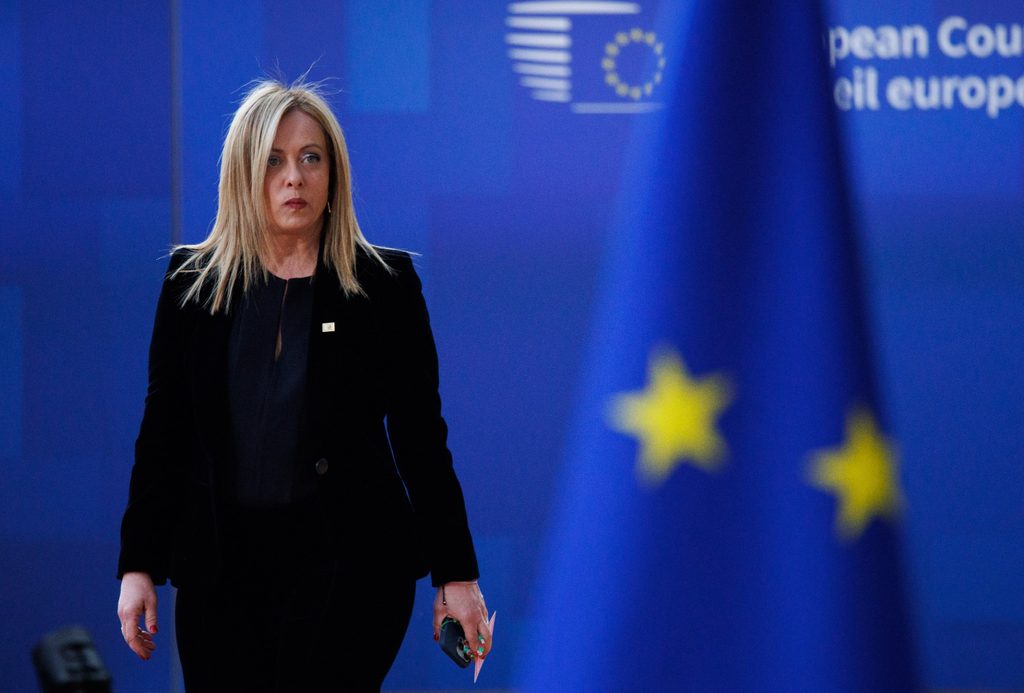Italian Prime Minister Giorgia Meloni has openly denounced the European Central Bank's (ECB) policy of fighting high inflation through repeated rate hikes.
In comments delivered at the Italian Parliament in Rome on Wednesday, the leader of the EU's third-largest economy suggested that the ECB's "cure" for continued price rises was "simplistic" and could even be "more harmful than the disease."
"Inflation has hit the economy again, it is a hateful hidden tax that mainly affects the less well-off," Meloni said. "It is right to fight it decisively but the simplistic recipe for raising rates undertaken by the ECB does not appear to many to be the correct path."
At its most recent meeting in mid-June, the ECB raised interest rates by 25 basis points (0.25 percentage points), bringing its benchmark deposit facility rate to 3.5% – its highest level in 22 years.
The hike means that the ECB has now increased interest rates eight times in the past eleven months. The eurozone's inflation rate was 6.1% in May, down from 7.0% in April: a significant decline from its 10.6% peak in October last year, but still more than 3 times the ECB's 2% official target rate.
Energy: The main culprit?
In her speech, the 46-year-old Meloni further suggested that the root cause of Europe's inflation crisis is high energy prices, which reached record levels in 2022.
"The increase in prices is not the result of an economy that grows too fast but of endogenous factors, first of all the energy crisis," she said.
According to a recent study by the International Monetary Fund (IMF), however, it is rising corporate profits, rather than soaring energy prices, which are primarily to blame for Europe's high inflation rate.
In particular, the study found that corporate profits were responsible for 45% of total price rises in Europe since the start of 2022, while rising import costs accounted for only 40%.
Related News
- Soaring corporate profits responsible for Europe's inflation crisis, IMF study finds
- Not there yet: ECB hikes interest rates to highest levels in 22 years
In a further departure from Meloni's analysis, the IMF insisted that the ECB's policy should remain "tight" for the foreseeable future in order to "anchor expectations and maintain subdued demand."
This policy will almost certainly be adhered to by the ECB. In a press conference announcing the most recent rate increase, ECB President Christine Lagarde stated that it is "very likely" that the ECB will continue to raise rates at its next meeting in July.
"Are we done? Have we finished the journey? No," Lagarde said. "We are not at our destination. Do we still have ground to cover? Yes."
In a separate incident, Meloni was also criticised for lying to the Parliament on Wednesday after falsely stating that Italy will grow more than any other EU Member State. According to EU Commission forecasts, the GDP of 13 countries is expected to grow more than that of Italy in 2023.

